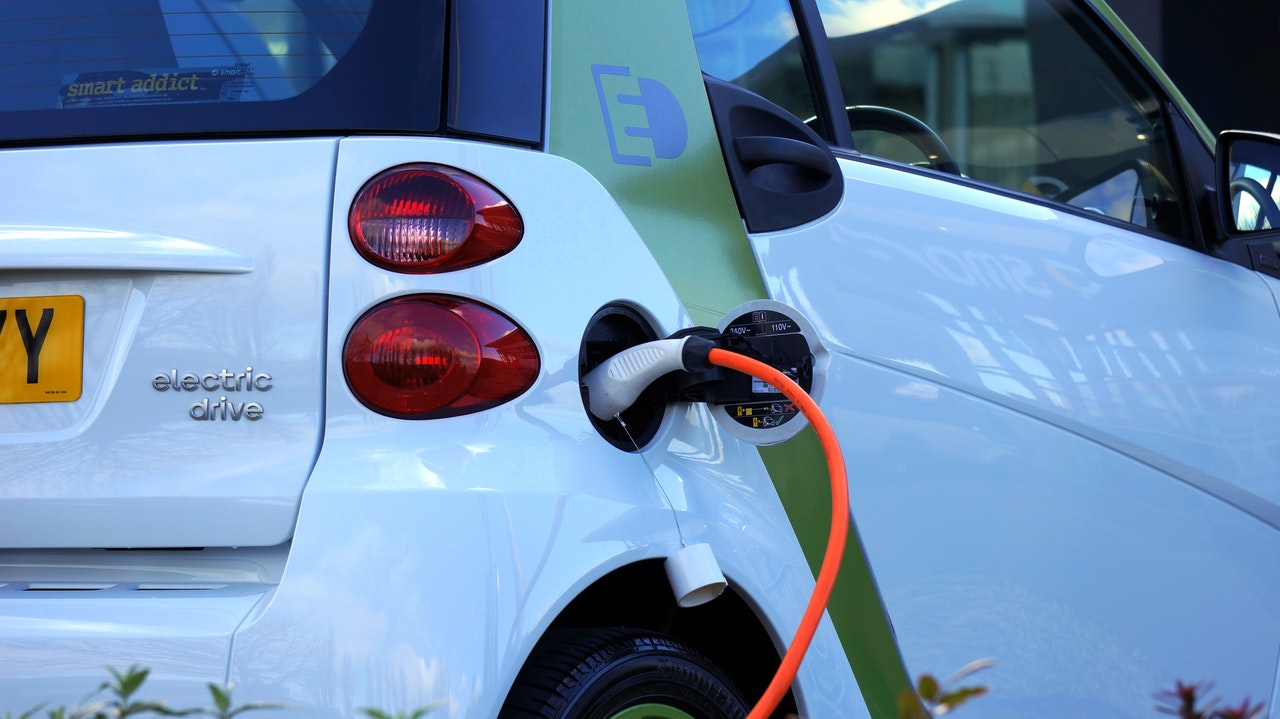Last Update: August 18, 2019

Cost for charging an electric car at home
In the USA the average cost for electricity is about 12 cents per kiloWatt-hour. Of course each electric utility has its own rate schedule, and there is the difference between peak electricity cost and off-peak cost. But for simplification let's take $0.12 per kWh as the cost.
Driving 40 miles (the average daily commute) might take 10 kiloWatt-hours of electricity (4 miles per kWh is typical). Therefore:
electricity consumption = 40 miles * .25 kWh per mile = 10 kWh
electricity cost = $0.12 * 10 kWh = $1.20
We've also shown you how to calculate the cost based on your car and your electricity cost:
- For your car determine kiloWatt-hours consumed per mile or per kilometer
- Multiply that by the distance in miles or kilometers, giving the energy consumed (in kWh's) for a given distance
- Multiply that by the average electricity cost per kiloWatt-hour
Comparing home electric car charging cost to gasoline
On the other hand the average fuel consumption for a gasoline car is about 30 MPG, and the average gasoline cost is maybe $3 per gallon. Of course the fuel efficiency and gasoline cost varies a lot, but these are useful averages. Using those figures, the same daily commute would therefore cost, on gasoline:
gasoline consumption = 40 miles / 30 MPG = 1.3333 gallons
gasoline cost = 1.33333 gallons * $3 / gallon = $4
That's a significant savings for fuel cost. And the savings are steeper if your gasoline vehicle is an F-150 or other vehicle with low fuel efficiency. The savings are less for areas with low gasoline cost, and for those driving extremely fuel efficient cars.
To calculate this for any car:
- Determine MPG or equivalent measure for kilometers and liters
- Divide distance by this figure to calculate the number of gallons or liters consumed
- Multiply by the cost per gallon or liter to get fuel cost
In case it's not clear - what we're comparing is the gasoline cost to drive a certain distance, versus the electricity cost for the same distance.
Comparing home electric car charging cost to public charging
The question at the top is a comparison with charging an electric car at a public charging station. We've already learned how to calculate how much it costs to charge an electric car at home. Now we need to learn how much that costs at a public charging station.
We first need to examine some of the pricing schemes used by public charging station owners.
- Free - Some places simply do not charge a fee, whether it's a church, or an employer, or a store looking to keep customers in the store for longer, many places see a side benefit of free charging.
- $0.nn per kWh - Some localities have laws allowing electricity to be sold by the kiloWatt-hour at a retail price. This gives you a clear comparison between your cost per kWh at home, versus the cost per kWh at the charging station.
- $ per hour - For other organizations the fee is per hour. With a few calculations it's possible to convert to a cost per kiloWatt-hour. For example $2 per hour at a level 2 station equates to $0.32 per kWh.
- $ per session - In some cases you'll find a per session fee, and it doesn't matter how long the charging session lasts. Your best bet is arriving at the station with a nearly empty battery pack.
- Monthly fee - Some charging networks offer an "all you can eat" model. You pay a monthly fee and can use their facilities as much as you like. This can be attractive if you're frequently charging at public stations.
- Surcharge for long charging sessions - Watch out for stations that increase the fee, or tack on per hour fees, for a longer charging session. These fees are used to encourage EV owners to leave the station open for others to use it.
- Additional connection fee after charging is finished - Watch out for stations that charge a fee to remain connected after the charging finishes. These fees are used to encourage an EV owner to do the right thing and move their car.
DC fast charging generally costs more than level 2 charging.
Comparing each of these to home charging cost has multiple facets:
- Free - Clearly a free charging station is a big win for the electric car driver. That is, if the charging station owner can sustain the cost over the long haul.
- $0.nn per kWh - In this case you can directly compare the cost at the charging station to electricity cost at home.
- $ per hour - In this case you can roughly convert the per hour cost to a per kiloWatt cost. At a 6 kiloWatt station, each hour therefore delivers 6 kiloWatt-hours, so divide the hourly fee by 6 for the cost per kWh.
- Monthly fee - In this case you must roughly estimate the cost per kiloWatt-hour based on the number of times you use the charging station. The charging network might tally up your consumption. For example if you consume 100 kWh per month, and the fee is $20/month, then you're paying about $0.20 per kWh.
- $ per session - In this case you'll need to estimate the kiloWatt-hours provided during the charging session, and divide that by the cost of the session. A $7.50 per session fee that delivers 20 kiloWatt-hours would cost about $0.38 per kWh.
Why are charging station fees higher than the cost of electricity?
Bottom line is that the company operating the charging station has to make its profit, and it has a small mountain of costs to pay. For more on that see this article: How do electric car charging station networks make money?


